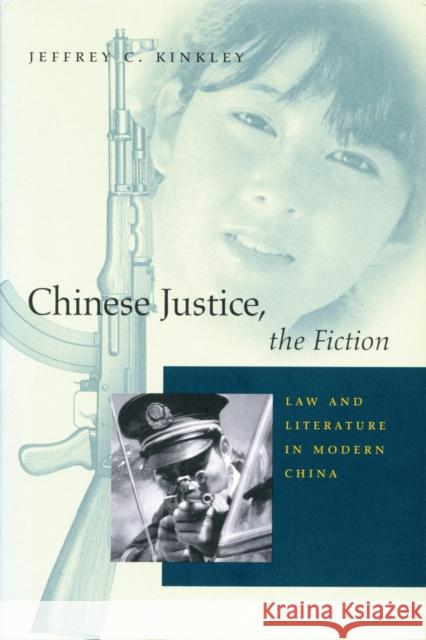Chinese Justice, the Fiction: Law and Literature in Modern China » książka
Chinese Justice, the Fiction: Law and Literature in Modern China
ISBN-13: 9780804739764 / Angielski / Miękka / 2000 / 520 str.
Chinese Justice, the Fiction: Law and Literature in Modern China
ISBN-13: 9780804739764 / Angielski / Miękka / 2000 / 520 str.
(netto: 146,80 VAT: 5%)
Najniższa cena z 30 dni: 152,04
ok. 16-18 dni roboczych.
Darmowa dostawa!
During the first thirty years under communism, China completely banned crime fiction. After Mao, however, crime genres of all kinds--old and new, Chinese and Western--sprang up in profusion. Crime narrative again became one of the most prolific and best-loved forms of Chinese popular culture, and it often embodied the Chinese people's most trenchant and open critiques of their newly restored socialist legal system. This is the first full-length study in any language of Chinese crime fiction in all eras: ancient, modern, and contemporary. It is also the first book to apply legal scholars' "law and literature" inquiry to the rich field of Chinese legal and literary culture. Familiar Holmesian, quintessentially Chinese, and bizarre East-West hybrids of plots, crimes, detectives, judges, suspects, and ideas of law and corruption emerge from the pages of China's new crime fiction, which is alternately embraced and condemned by the Chinese establishment as it lurches uncertainly toward post-communist society. Informed by contemporary comparative and theoretical perspectives on popular culture and the fiction of crime and detection, this book is based on extensive readings of Chinese crime fiction and interviews--in China and abroad--with the communist regime's exiled and still-in-power security and judicial officers. It was in the Orwellian year of 1984 that the authorities set out to control China's crime fiction and even to manufacture it themselves--only to find that fiction, like the social phenomena it depicts, seems destined to remain one step ahead of the law.











